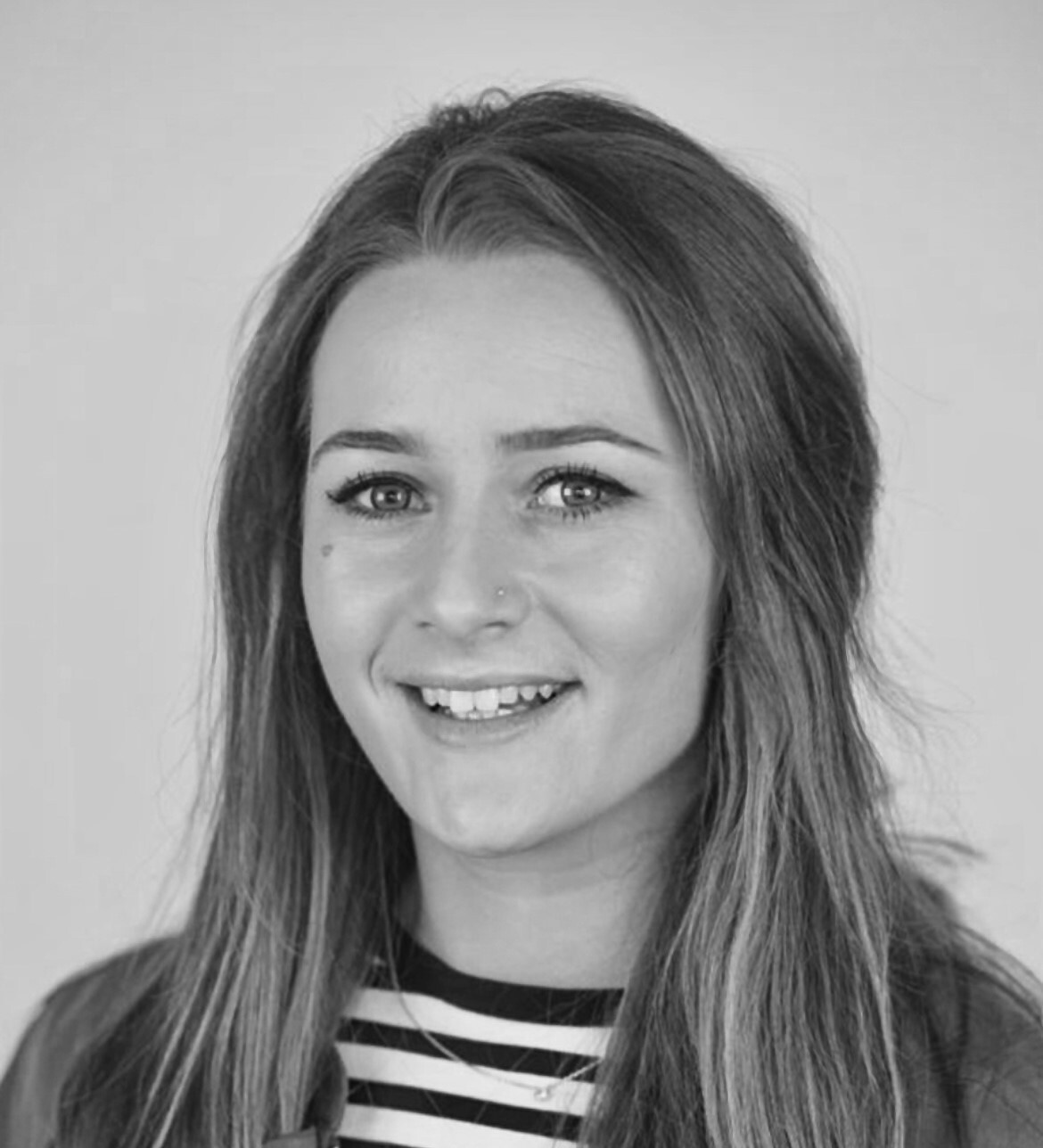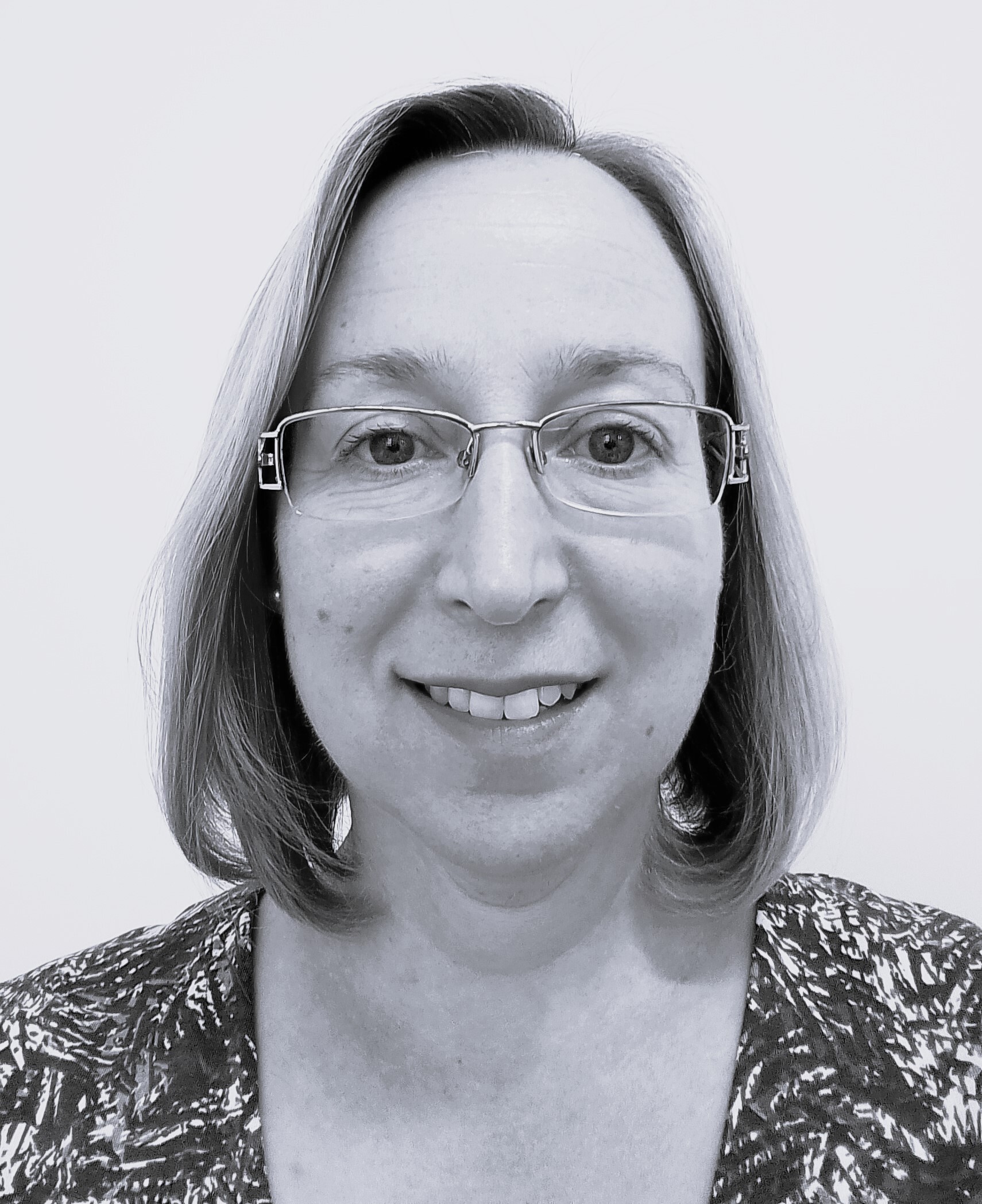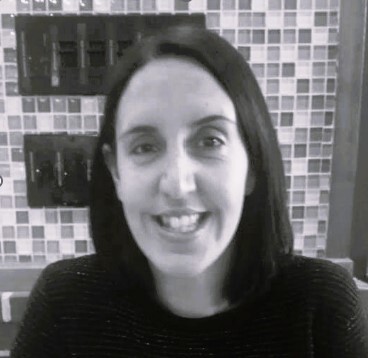In this blog we celebrate our autumn ‘Spotlight on neurodiversity’ roadshows and the benefits of a new format aimed at meeting the needs of frontline staff.
Going local
To make our offer as accessible as possible this year, we asked two local authorities to help us trial a new approach. Instead of hosting a large research roadshow with people needing permission to travel from different parts of Wales, we went directly to practitioners and service providers in their own locality.
Carmarthenshire and Wrexham local authorities agreed to host our research roadshows this autumn. The focus was on neurodiversity - a topic that had been highlighted by staff in both areas.
We ran two free events and provided lunch and refreshments to lessen barriers like travel time and costs, event fees and unfamiliar settings.
Our offer
Our research roadshows support practitioners to access, and benefit from, the work of academic researchers and people with lived experience.
We use the research roadshow events to:
- focus on research topics that people working in social care have told us they want to learn more about
- promote the value of research and share how it can be relevant to social care practice
- provide bitesize, interactive and practical sessions.
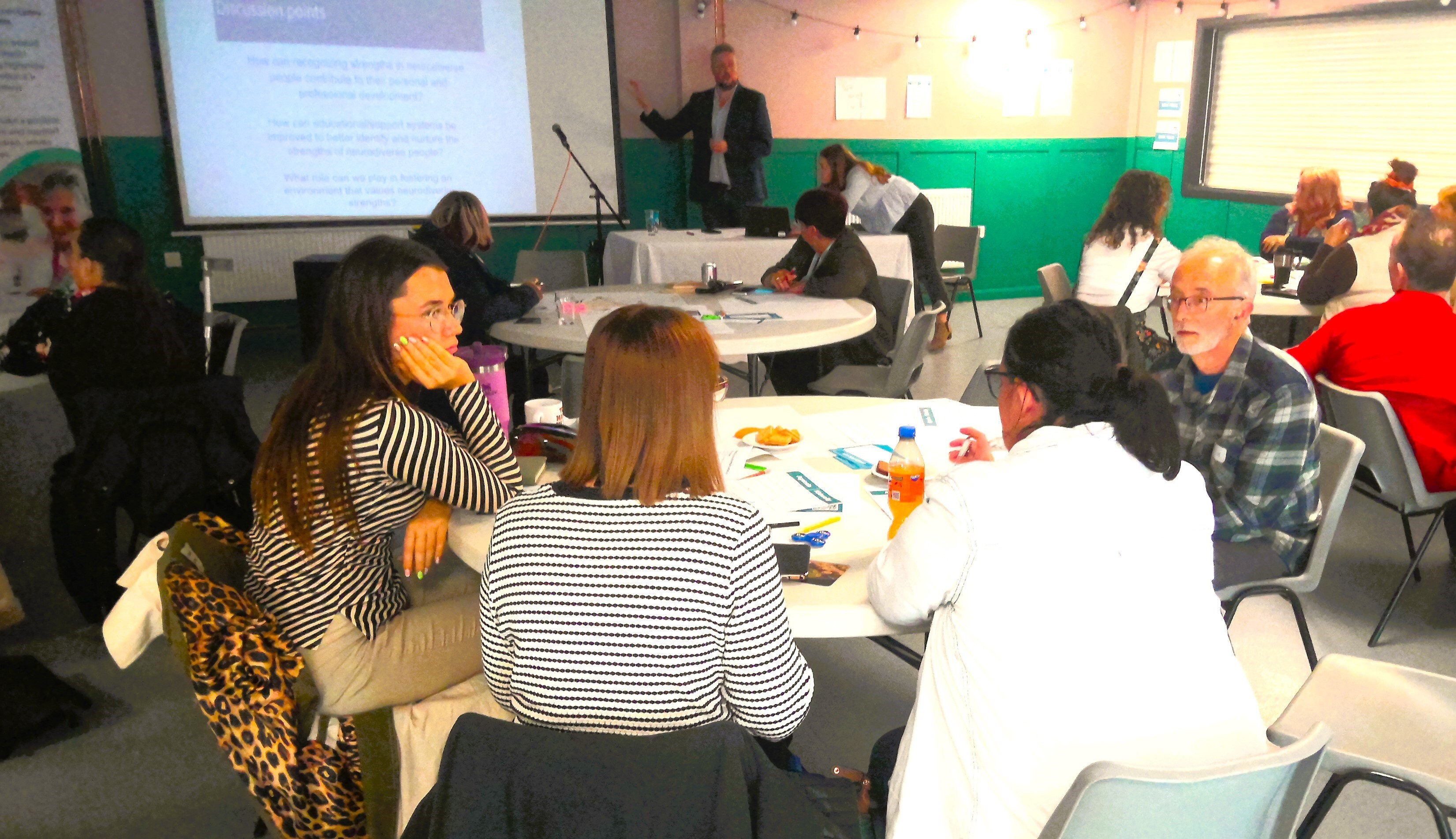
“More of these sessions please. Great for upskilling and networking.”
(Participant feedback)
A spotlight on neurodiversity
We chose
neurodiversity as our latest theme in response to a growing awareness and
understanding of neurodivergent conditions like autism, ADHD and dyslexia.
Practitioners told us they wanted to learn more about this topic to support
them in their practice.
Our two events
brought practitioners, researchers and people with lived experience together to
highlight the specific challenges neurodivergent people face but also to
celebrate the unique and rich contribution neurodivergent individuals make.
Two roadshows: one approach
The main aim of both events was to give practitioners more insight and understanding of the topic by providing opportunities for sharing, learning, discussion and reflection.
Although the approach was the same, we had some different speakers attend the two events. In Carmarthenshire, Dr Edwin Burns gave us an excellent presentation on the strengths and talents of neurodivergent people. He stressed the importance of not focusing on deficits but using strengths to overcome barriers and achieve independence and well-being in a way that’s meaningful to individuals and their particular circumstances.
“Really interesting day – helped to understand neurodiversity. Feeling really enthused. All speakers were excellent and knew their stuff.”
(Participant feedback)
We focused on positive and compassionate evidence-enriched approaches to inform practice. Speakers like Willow Holloway of Autistic UK, who was at both events, and Mal Cansdale and Simon Rice from Barod represented activist researchers. As neurodivergent people themselves, they’ve become experts and advocates through lived experience. They emphasised the importance of language in how we talk about, and to, neurodivergent people. And the principles of co-production with everyone reminded of the slogan “nothing about us, without us”.
At the Carmarthenshire event we also learned about how linking routinely collected data can help us see what challenges neurodivergent people face in different contexts. Professor Ann John, from Swansea University, provided compelling data highlighting challenges faced by neurodivergent people in different areas of their lives, for example education, health and the justice system.
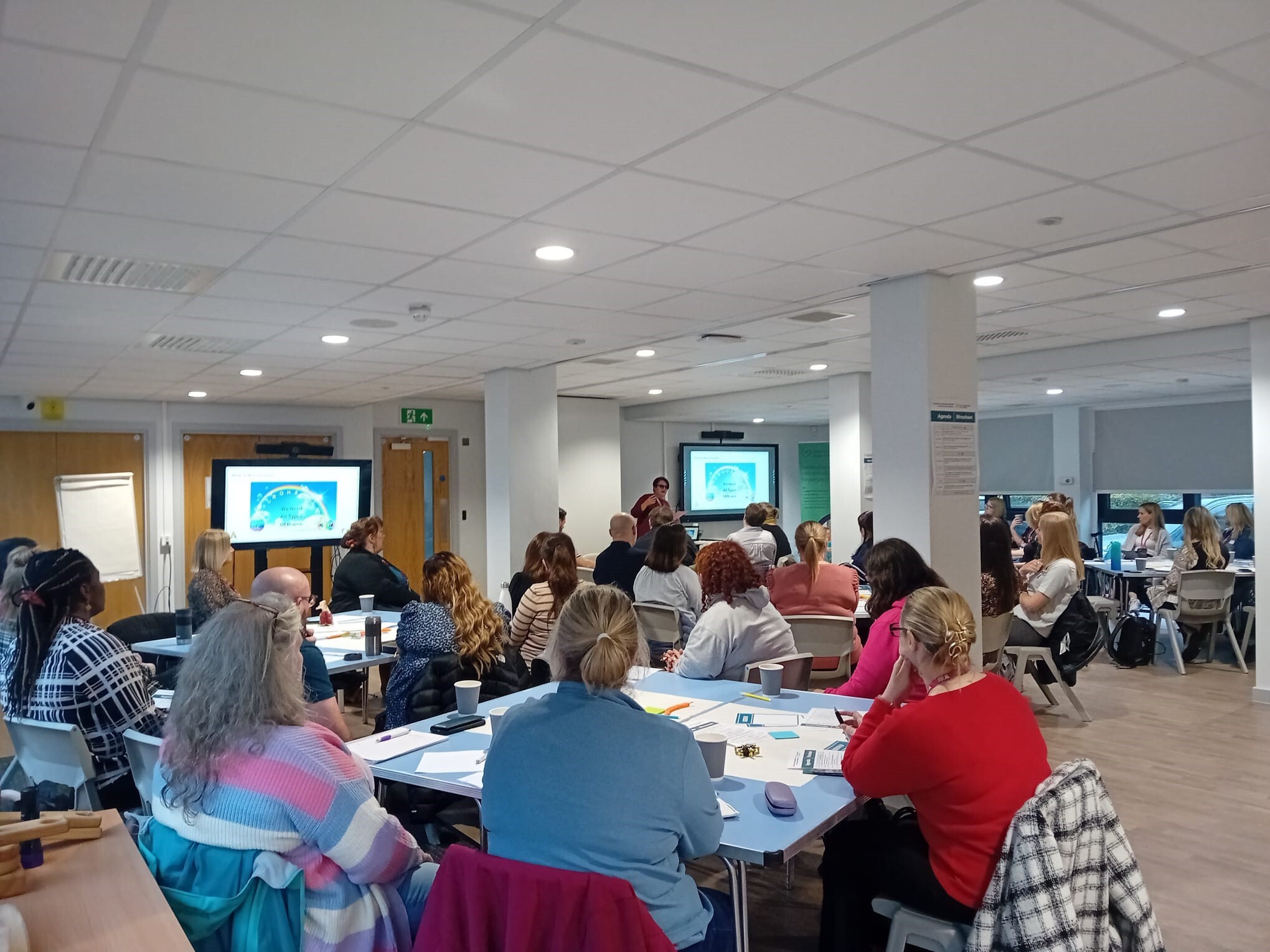
"Very inspirational session. Good to see how research can be applied to practice."
(Participant feedback)
Dr Gavin Stewart from King’s College, London, presented at the Wrexham event, with a focus on the health and support needs of autistic adults. Gavin talked about the reasons for underdiagnosis in people over 50 and the need for more older adult autism research. This topic was built upon by Professor Rebecca Charlton of Goldsmiths, University of London, who discussed co-creating resources and training to support social workers working with older autistic people.
Another session unique to the Wrexham event was run by Anna Webster of Salford University and Becky Govan of Birmingham City University about the neurodevelopmental condition foetal alcohol spectrum disorder (FASD). Both Anna and Becky have lived experience, bringing up children with a diagnosis of FASD. Practitioners left with more understanding of the condition and lots of ideas about how they could support families. Practitioners showed particular interest in the emotion coaching approach that helps adults manage their emotions and behaviours and supports children with FASD.
We closed both events with Pip Hardy of Patient Voices. Pip shared two short films, each showing images from the lives of two neurodivergent children. They told their stories in their own voices. Then Pip showed each film a second time but with the narration taken on by their parents or carers.
“I think the storytelling got so much across. I found this really hit home it was nice to hear the child’s voice then the mother.”
(Participant feedback)
This was an incredibly powerful and simple way to show lived experience from different perspectives and a great ending to a day of shared learning and reflection.
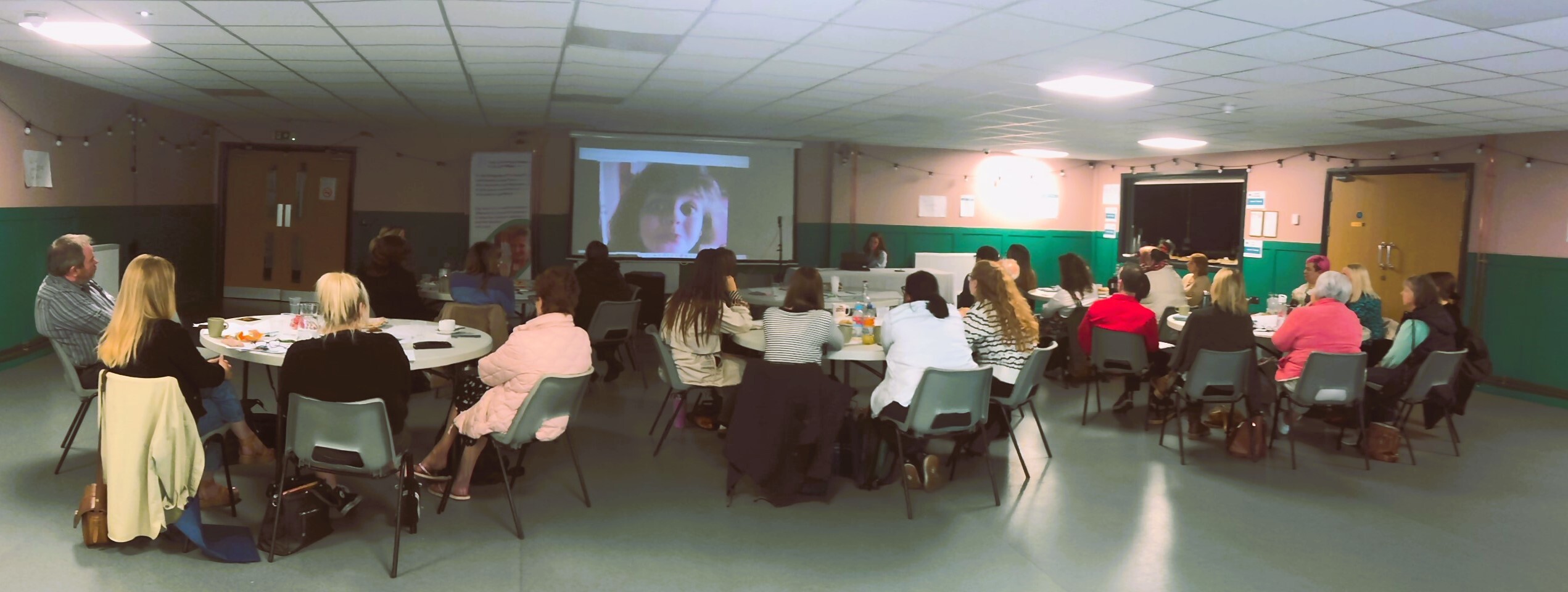
"Thoroughly enjoyed all of today. I felt very motivated and inspired to do better in work with service users."
(Participant feedback)
How can I get involved?
If you work in social care and have an idea for a research roadshow topic that would benefit your practice or your wider team’s practice you can share your ideas by emailing us at: researchroadshows@socialcare.wales.
We’ll shortly be promoting our next series of research roadshows to be held in the spring of 2025. We’ll post information on our website and through our research roadshow Eventbrite link.
